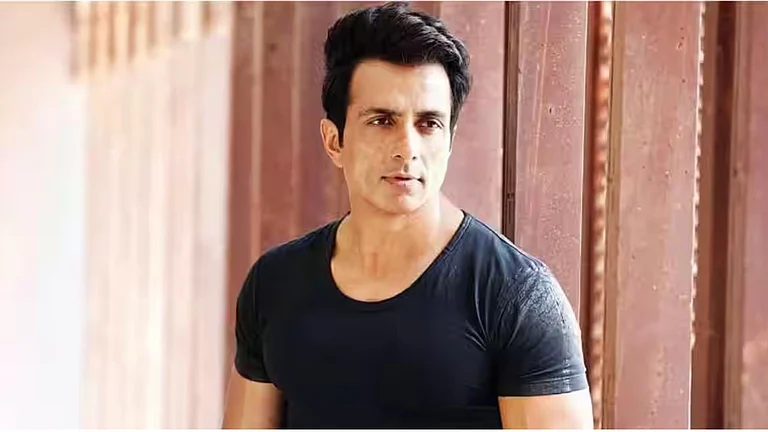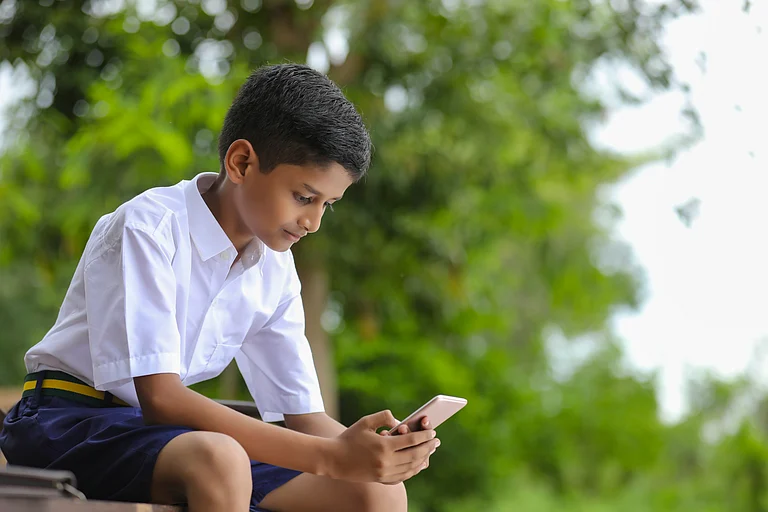Australia has proposed a groundbreaking law to ban children under 16 from accessing social media platforms, highlighting the increasing challenges of online safety for young people. Communications Minister Michelle Rowland introduced the legislation in Parliament on Thursday, emphasizing the urgent need to safeguard children from harmful content online. Platforms such as TikTok, Facebook, Snapchat, Reddit, X, and Instagram could face hefty fines of up to AUD 50 million (USD 33 million) for failing to enforce the age restriction.
Rowland stated the bill aims to establish a societal norm that growing up in Australia should not revolve around unrestricted social media access. She pointed out the widespread exposure of children to harmful content, noting that two-thirds of Australians aged 14 to 17 have encountered dangerous material online, including drug abuse, suicide, self-harm, and violent imagery. Additionally, one in four teens has been exposed to content promoting unsafe eating practices.
Government research revealed that 95% of Australian caregivers struggle with managing their children's online safety, underlining the necessity of the proposed legislation. "This is about protecting young people, not isolating them, and ensuring parents have the support they need to prioritize their children's wellbeing," Rowland asserted.
The legislation has broad political support and, if passed, will allow platforms one year to devise methods to enforce the age restrictions. Rowland clarified that the law targets only social media platforms and excludes messaging services, online games, and educational or health-related platforms. These platforms, while not free from risks, lack the algorithmic curation and psychological tactics designed to drive endless user engagement.
Concerns have been raised by child welfare and internet experts about the potential social isolation of 14- and 15-year-olds already active on social media. Despite this, the government stresses the importance of addressing the dangers posed by unfiltered, infinite content streams.
In a related effort, the government has contracted the Age Check Certification Scheme, a British-led consortium, to explore technologies for verifying user ages. Methods being evaluated include age estimation and age inference, which rely on analyzing user data to confirm their age without breaching privacy.
To address privacy concerns, Rowland assured that any personal information collected for age verification must be destroyed after its purpose is served unless users explicitly consent to its retention. Platforms face the same AUD 50 million penalties for misusing this data.
The legislation also seeks to restrict access to online pornography for minors under 18, extending its commitment to shielding young Australians from harmful digital influences. Critics from the digital industry argue that the policy represents an outdated approach to modern challenges, but the government maintains it is a necessary step toward protecting the next generation.
(This article is a reworked version of a PTI feed.)

























